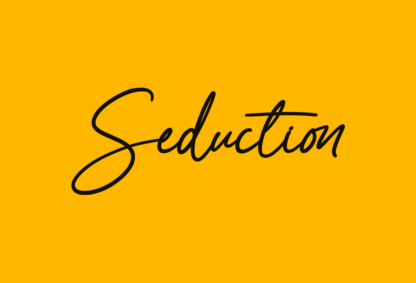“…I would like to beg you dear Sir, as well as I can, to have patience with everything unresolved in your heart and to try to love the questions themselves as if they were locked rooms or books written in a very foreign language”. Rainer Maria Rilke 1902
Most of us have an inherent need to avoid tension and conflicts and that is understandable, unpredictable situations can bring up anxiety. And of course, the more we know about the future, the more predictable it would become and the safer we can feel – a sense of safety is important for our well-being. Yet, by believing that safety and unpredictability are contradictory, we empty our experiences of their true potential.
Thinking in contradictory terms may be one of our ways to make what is uncertain certain. Ideas and feelings that don’t sit well together become contradictory and therefore must be resolved, mainly by choosing either one over the other. The goal becomes to diminish the anxiety of uncertainty by making life more predictable.
Naturally, we seek answers – often too quickly – if we can accept some uncertainty and lack of knowledge as important parts of our learning we invite richer experiences and a more spontaneous behaviour. It is also about accepting the limitations of a given situation and making a creative use of what is available to us. We can either reinvent past behaviour or invent a more up to date engagement with our environment.
Allowing some important questions to remain unresolved for a while can offer us the opportunity to get a broader perspective of our capabilities.


